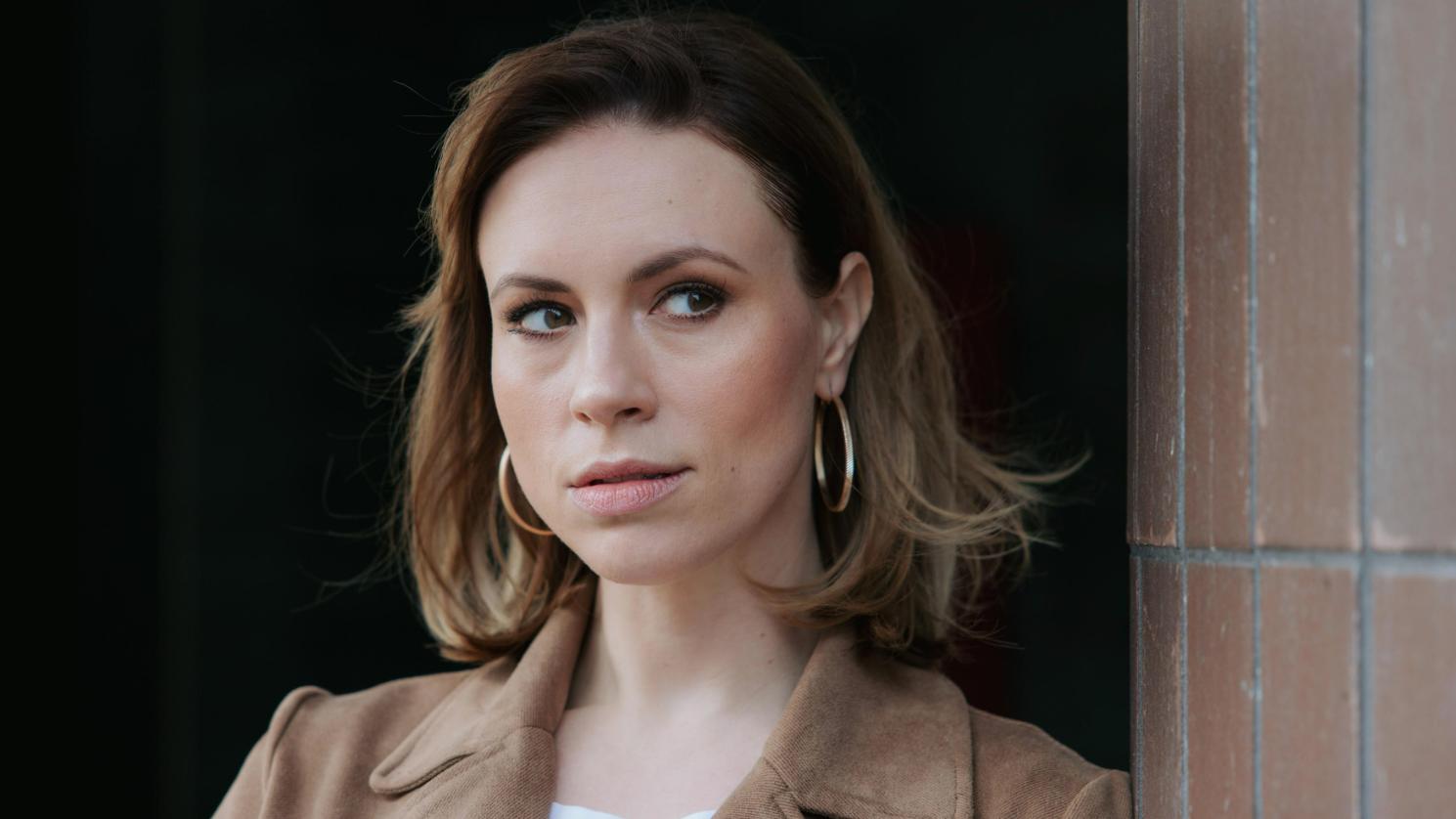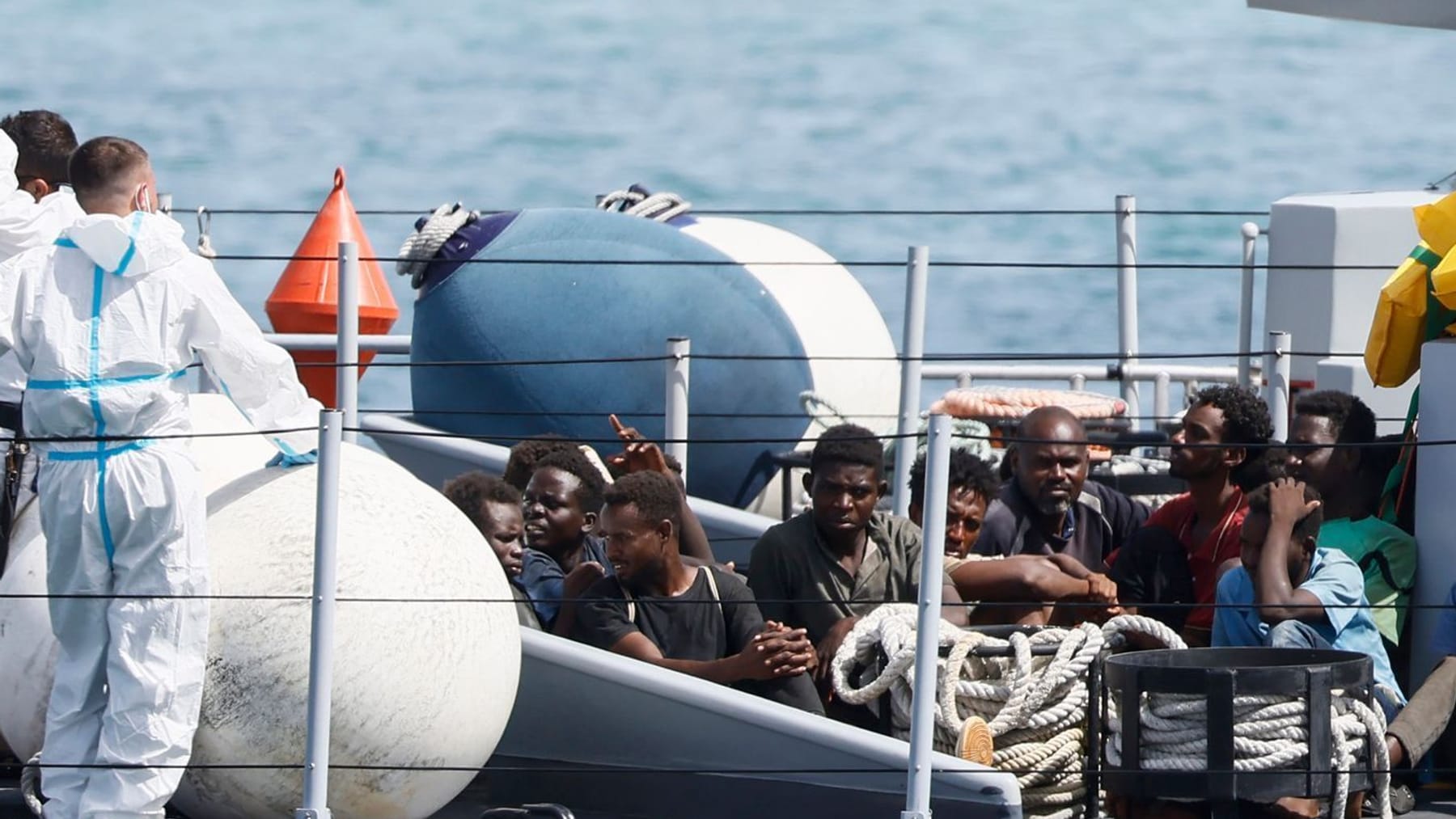Migration researcher Markus Engler says the challenge facing municipalities has increased. But he does not see the problem with the lack of space.
The immigration debate has fully erupted in Germany. The union is calling for upper limits on refugees, and Federal Interior Minister Nancy Wieser ordered more controls on the borders with Poland and the Czech Republic on Wednesday, and municipalities complain of the high pressure caused by many refugees.
“We can do it if we stop arguing,” says migration researcher Markus Engler. In an interview with T Online, he explains how he arrived at this conclusion, why EU asylum reform will not work miracles, and how he evaluates the different demands of the parties.
Mr. Engler, Germany discusses how to deal with refugees. Many say: “We can’t do that.” Is this correct?
no. I remain firmly convinced that we can do this. We just have to stop arguing about it. Yes, it’s tough, but it’s not overwhelming. We just have to face the challenges properly.
What makes you so optimistic?
Germany is a big country, and despite the economic crises, it is also a rich country. Basically, we are well prepared to accommodate many people. We are an aging society and need workers. The problem is that in politics there are always very negative discussions on issues of flight and migration, but no solutions are found.
Interior Minister Nancy Wieser has just proposed a solution: impose more controls on the borders with Poland and the Czech Republic to take action against smugglers. What is your opinion?
This is a very symbolic policy. The main thing is to give the impression that the policy is doing something. In the short term, this may mean that slightly fewer people come along a particular route. However, in the medium term, it would not be beneficial to increase current border controls.
Because refugees then take other routes, some of which are more dangerous – for example, the rivers they then cross. Germany has very long borders, and we can’t really control them as a whole. In addition, even members of the police union repeatedly say that they do not have enough staff for this purpose and that fixed border control is not possible either.
As a result, this means that a lot of people will continue to arrive here – and municipalities will continue to come under pressure. Are they really that burdened?
Of course, the influx of many refugees poses a challenge that has increased in recent months. In many places, the reception system in its current form was not designed to accommodate this many people. But the argument that we no longer have any room in Germany is generally not true. We have a lot of empty buildings. There are many places where not a single refugee lives. The biggest challenge is the lack of staff.
doctor. Marcus Engler She is a sociologist and has been researching at the German Center for Integration and Migration Research since September 2020. She deals extensively with refugee and migration movements and with German, European and global migration policy.
Does this mean that it is not just a matter of more refugees coming?
exactly. In sum, our state structures have already reached their limits: in many places in Germany, for example, we have dilapidated schools and a shortage of teachers and tutors. It is clear to me: the country needs to significantly increase investment. But the FDP-led Finance Ministry in particular does not want that at the moment.
Where better for this money to end up?
Of course, it is the municipalities that need it in the first place at the moment. But more money alone is not enough.
Bureaucratic processes need to be streamlined, and we need to become faster at digital transformation. In addition, asylum law has become increasingly complex in recent years – and simplification, as set out in the coalition agreement, would certainly help. But the opposite is happening now. Therefore, the distribution system in Germany must also be improved: all municipalities must participate, and there are also projects for precise distribution of refugees.
Are these policy measures sufficient?
No, but it’s the beginning. At the same time, we as a society must also be prepared to contribute what is necessary. When people fled Ukraine last year – and also in 2015 – we saw and continue to see a great willingness to help. Individual citizens welcomed people into their homes. It also depends on this commitment.

“Tv expert. Hardcore creator. Extreme music fan. Lifelong twitter geek. Certified travel enthusiast. Baconaholic. Pop culture nerd. Reader. Freelance student.”







More Stories
Reducing silent inflammation in the body with food
The science behind the “Three Body Problem” – so you can finally have your say
Seventh place was possible!